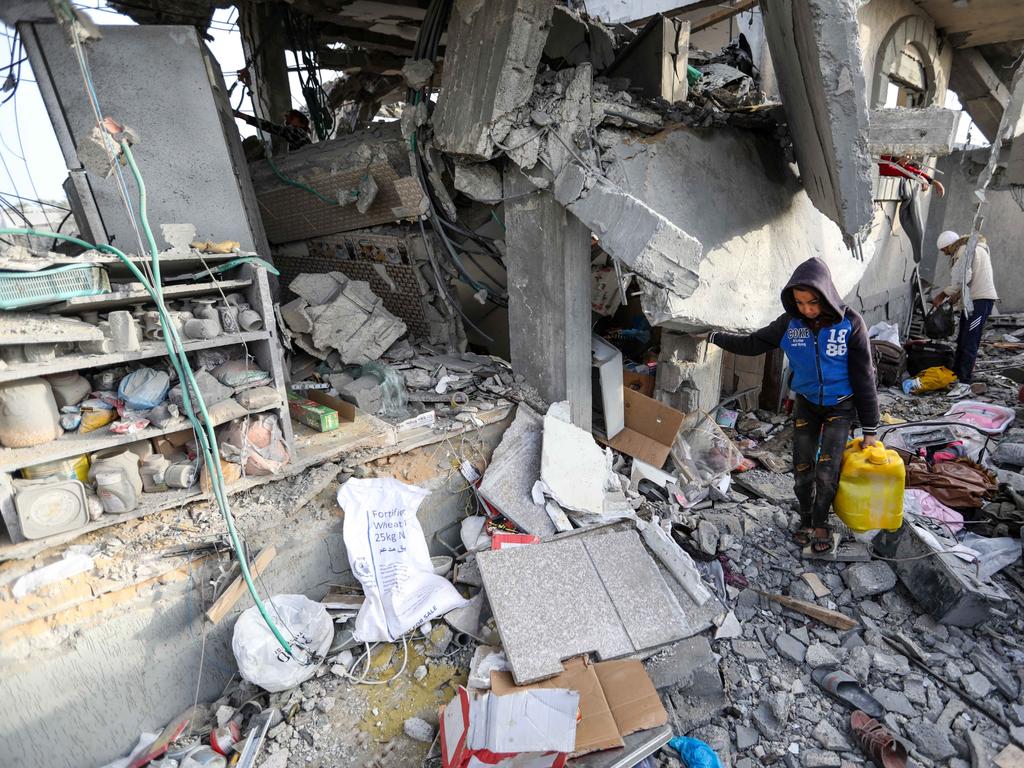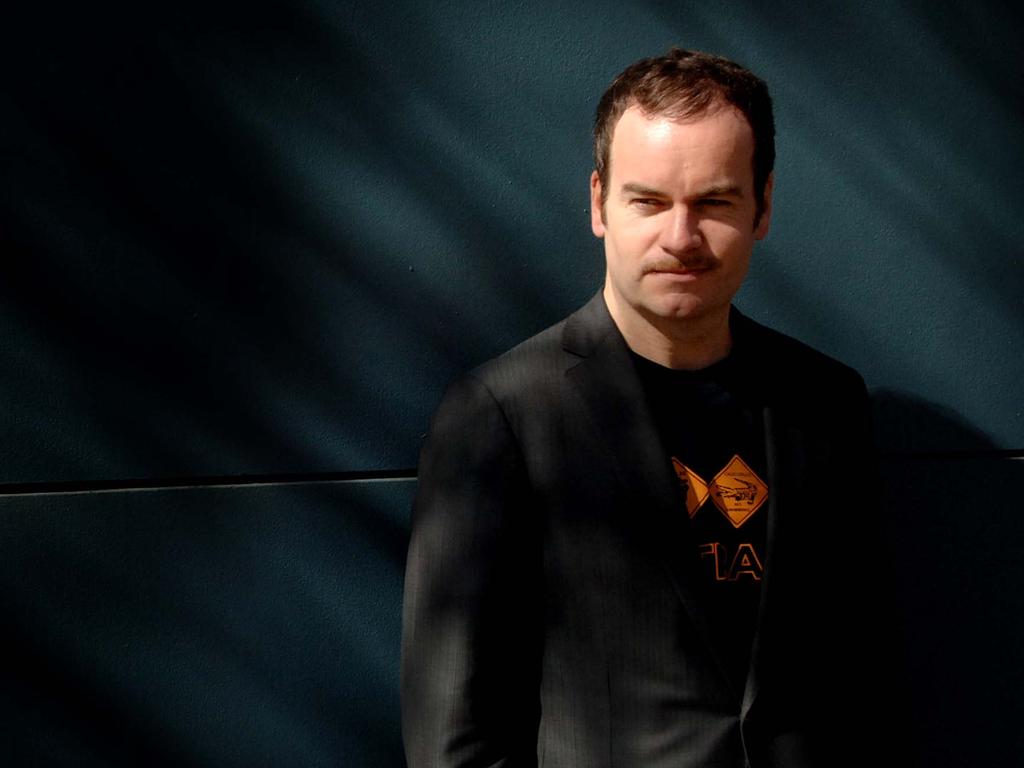Israel’s Netanyahu approves new Gaza ceasefire talks
The go-ahead for fresh truce negotiations came as fighting raged on unabated in Gaza and Israel hit back at a UN report warning of famine.
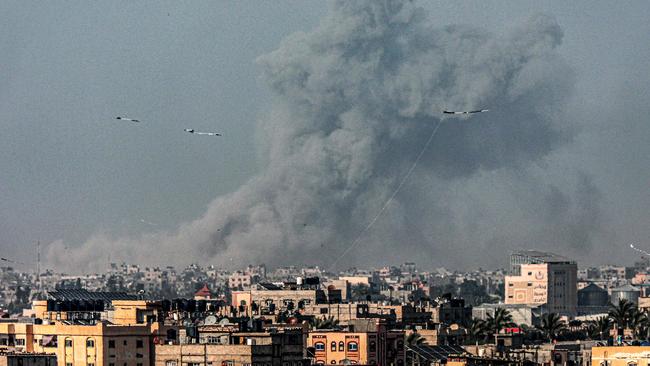
Israeli Prime Minister Benjamin Netanyahu has given the go-ahead for a new round of talks on a Gaza ceasefire, a day after the world’s top court ordered Israel to ensure aid reaches desperate civilians.
But despite a binding UN Security Council resolution earlier this week demanding an “immediate ceasefire”, fighting raged on unabated in Gaza on Friday, including around its few functioning hospitals.
The health ministry in the Hamas-run territory said dozens of people were killed overnight.
Among them were 12 people killed in their home in the southern city of Rafah, which has been bombed repeatedly ahead of a threatened Israeli ground operation.
Men worked under the light of mobile phones to free people trapped under the debris, AFPTV images showed.
Regional fallout from the conflict also flared, with Israel saying it killed a Hezbollah rocket commander in Lebanon and a war monitor saying that Israeli air strikes killed several Hezbollah fighters in Syria.
Netanyahu’s office said new talks on a Gaza ceasefire and hostage release will take place in Doha and Cairo “in the coming days … with guidelines for moving forward in the negotiations”.
Those talks had appeared deadlocked in recent days despite a major push by the United States and fellow mediators Egypt and Qatar to secure a truce in time for the Muslim fasting month of Ramadan, now more than half way through.
In its ruling, the International Court of Justice (ICJ) in The Hague said it had accepted South Africa’s argument that the further deterioration of the humanitarian situation in Gaza required Israel to do more.
“Palestinians in Gaza are no longer facing only a risk of famine, but … famine is setting in,” it said.
Philippe Lazzarini, head of the UN agency for Palestinian refugees, said the ruling was “a stark reminder that the catastrophic humanitarian situation in the Gaza Strip is man-made (and) worsening”.
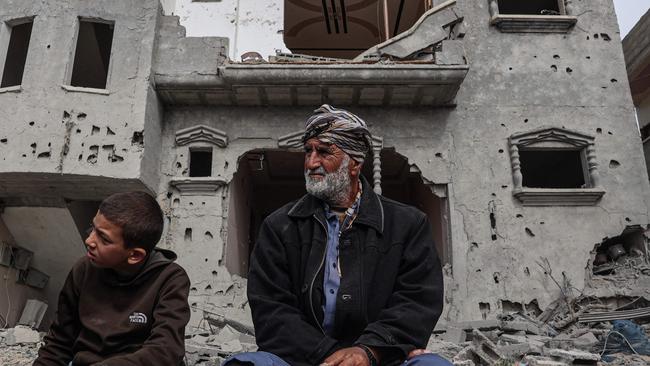
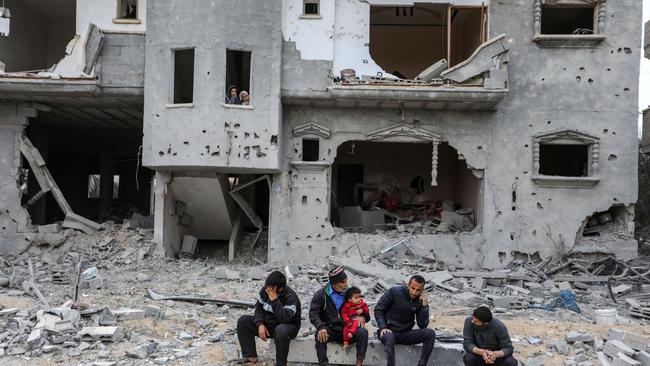
Israel hit back against a UN-backed report that warned of imminent famine in Gaza, alleging the assessment contained inaccuracies and questionable sources.
The analysis released last week fuelled international concern by saying half of Gazans are feeling “catastrophic” hunger and projecting a possible famine in the territory’s north.
The Integrated Food Security Phase Classification (IPC) partnership estimated that 1.1 million people – half the population, according to UN figures – were facing dire conditions.
UN humanitarian chief Martin Griffiths called for Israel to allow unfettered access for aid to the besieged Palestinian territory.
COGAT, the Israeli defence ministry body responsible for Palestinian civil affairs, said on Friday that Israel “recognises the unfortunate impacts of the war on the civilian population of Gaza”.
But it added that Israel does not operate food distribution in Gaza and accused UN agencies of being unable to handle the quantity of aid arriving daily.
“At any given moment there are hundreds of trucks held up at the Gazan side of the Kerem Shalom crossing after having completely been processed by the authorities in Israel,” the COGAT reply said.
Israel has tense relations with some UN agencies, particularly the Palestinian refugee agency UNRWA, which reported last week that Israel had barred it from making aid distributions in northern Gaza.
COGAT also questioned the accuracy of a line in the report that says a daily average of 500 trucks, 150 of them food trucks, arrived in Gaza before the war compared with 60 food trucks a day since.
“Pre-war, only an average of 70 daily trucks carried food,” COGAT countered, without providing a source.
Israel said it has placed no limit on the volume of humanitarian aid that can enter Gaza.
Israel also criticised the IPC assessment’s citation of casualty figures from the health ministry in Hamas-run Gaza, saying the militants have a “strategic interest” in offering misleading information.
The death tolls provided by Gaza’s health ministry are widely cited by media, humanitarian groups and the United Nations – and some experts have said they are quite possibly an undercount, not an exaggeration.
Israel’s military has waged a retaliatory offensive against Hamas that has killed 32,623 people in Gaza, most of them women and children, according to the ministry.
Hamas’s unprecedented October 7 attack which started the war resulted in about 1160 deaths in Israel, mostly civilians, according to an AFP tally of Israeli official figures.
Palestinian militants also seized about 250 Israeli and foreign hostages, but dozens were released during a week-long truce in November. Israel believes about 130 remain in Gaza, including 33 who are presumed dead.

